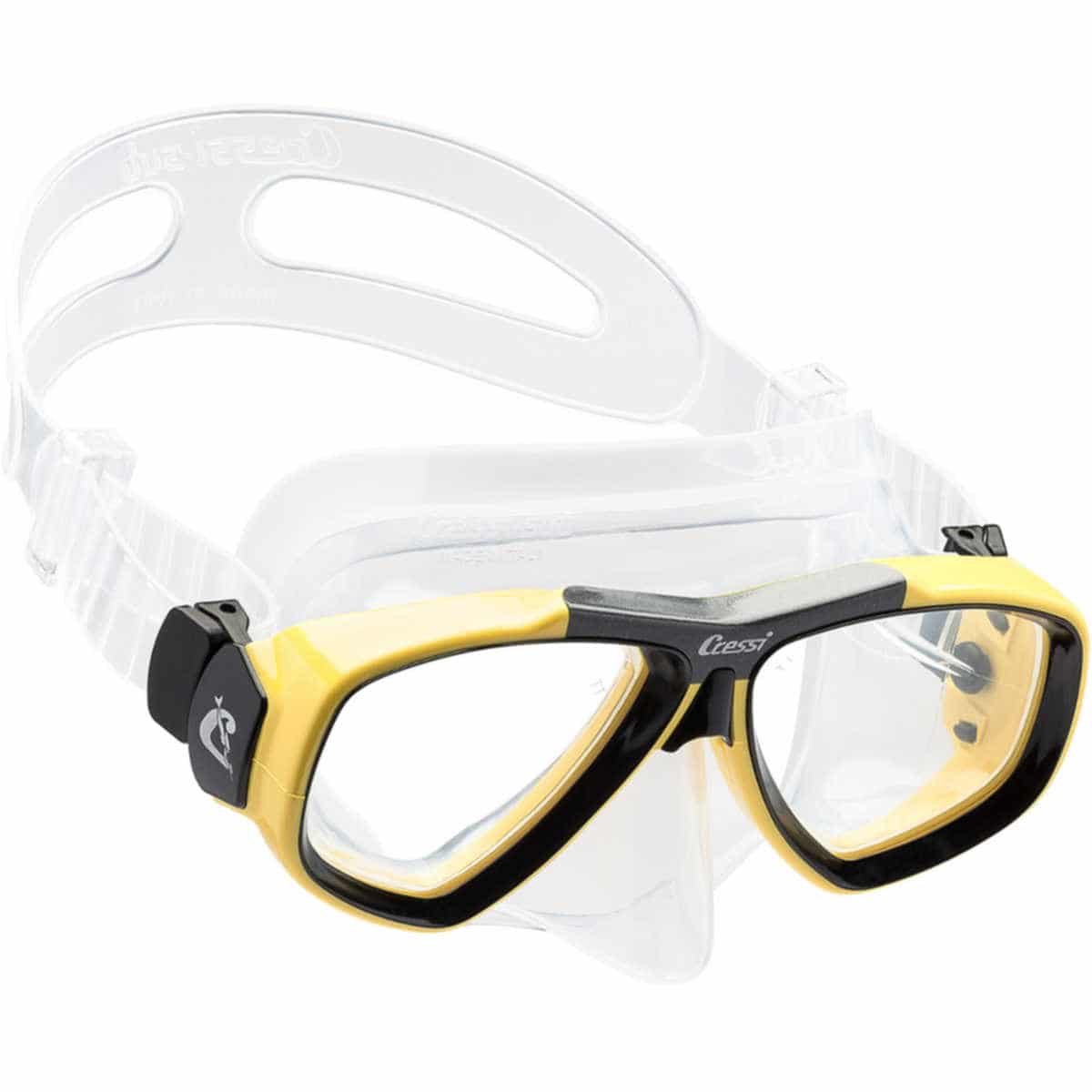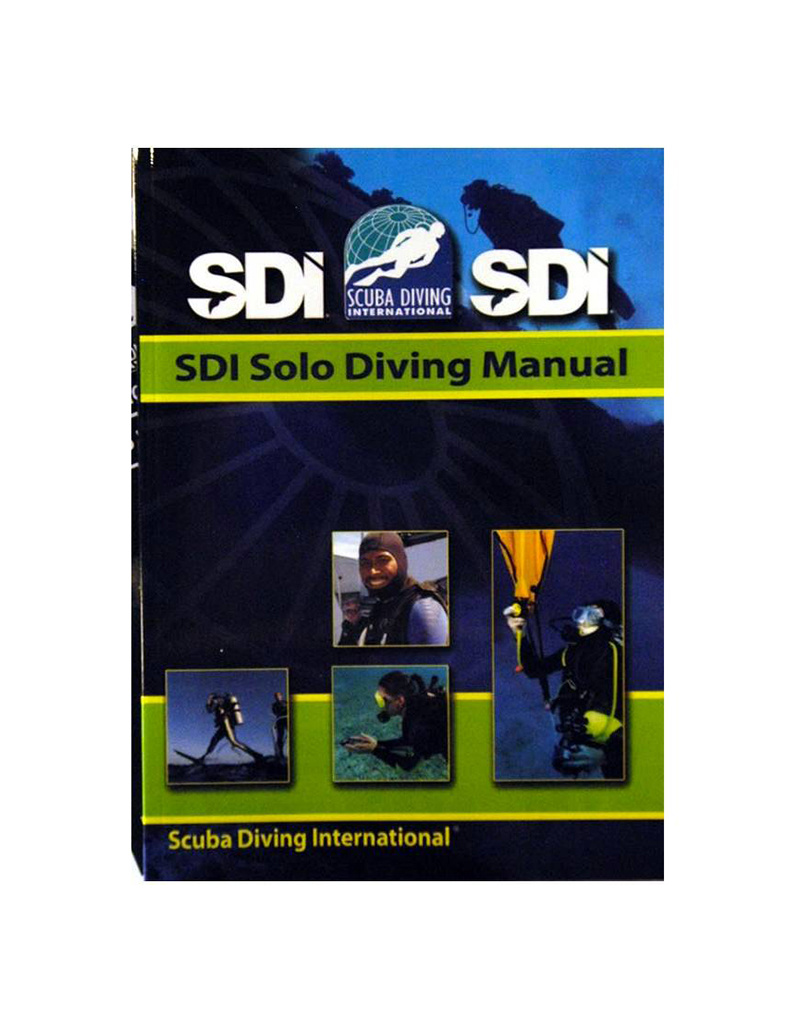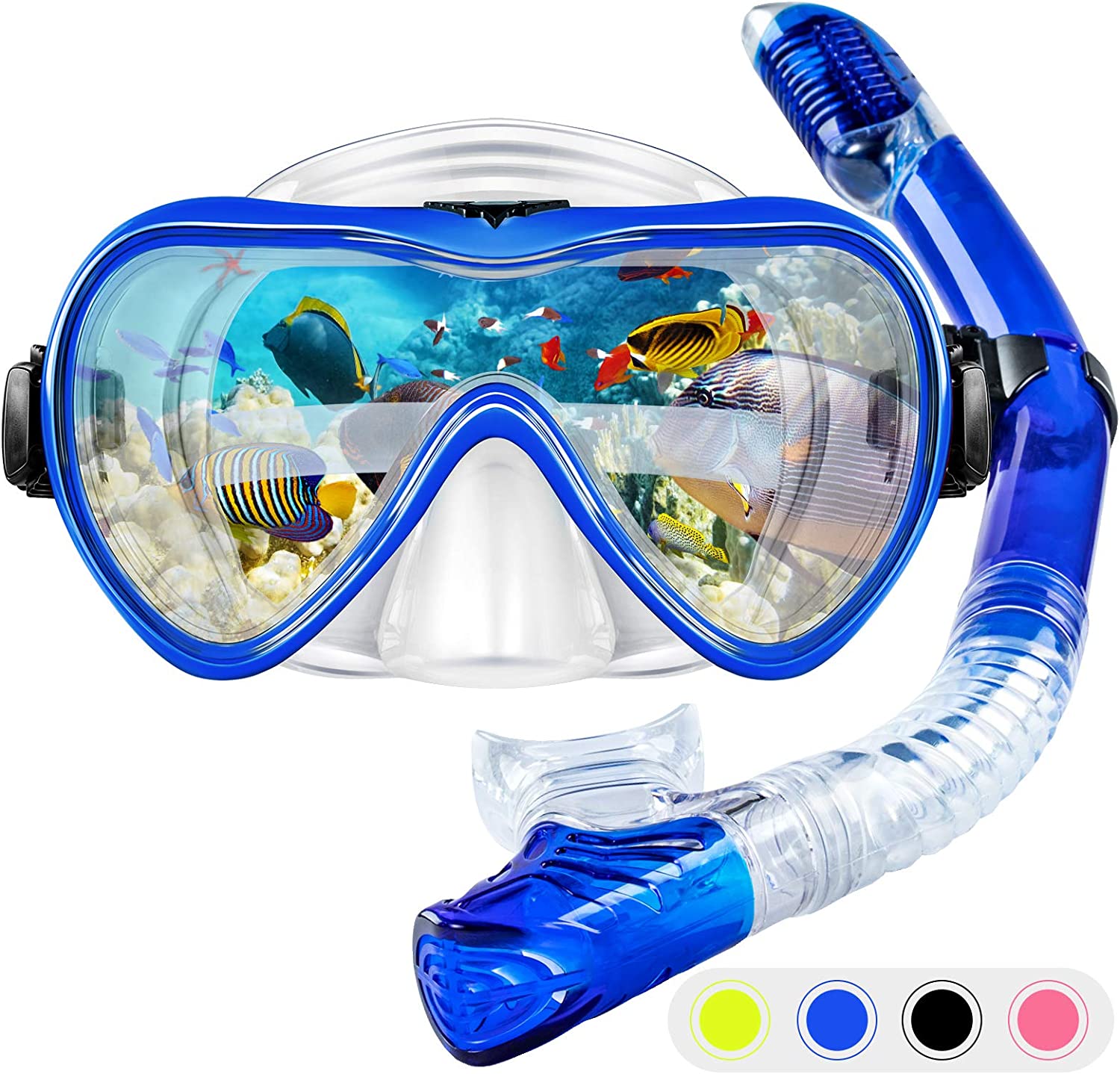
While scuba diving injuries are not uncommon, they can be prevented. You can learn lessons from them, take preventive measures to prevent them, and get compensated if you are involved in one. Continue reading to learn how to prevent and recover from dive accidents. After diving for several years, you have probably heard stories of people who had to get help after dive accidents.
Lessons from scuba divers' mistakes
Recent DAN reports revealed that environmental factors played a major role in the number of scuba diving accident. These factors included rapid changes in visibility that could trap divers or deprive them of air, problems with regulators, and malfunctioning rebreather devices. Changes in currents and waves pose dangers to divers who aren't physically or mentally fit.
One of the first lessons that a diver should learn is to never hold their breath while underwater. Breathing can help calm nerves, improve concentration, and connect the diver to his/her body. Many common diving injuries can be avoided by learning to breathe properly and practicing it often. Also, learn how share air and recover your primary regulator. These will help you survive a dive.

Improper use of equipment and poor skills are the main causes of diving accident. These problems typically involve improper use of the air and cylinder valves. If you experience these problems, it is best to either reconsider your dive or cancel it entirely.
Prevention measures
While scuba diving can be considered a safe sport, it is essential to do your preparation properly and follow all instructions. It is possible to avoid small problems becoming big problems that can lead to an accident. You will also be able to avoid a decompression injury and other life-threatening emergencies by having the right equipment and training.
Divers should inspect their air tanks for leakages before diving. An open valve can prevent air flow and cause a diving accident. The diver should slowly open the valve until it stops. This will prevent excessive pressure, which could lead to death. In addition, it can help avoid respiratory complications such as anoxia and gas narcosis.
It is important to take into account the environment you will be diving in. If the water is turbid, it may pull a diver's fins or equipment. In addition, strong underwater currents can separate a diver from the boat cover. This could leave them stranded in the water. The boat crew might not be able to see them if visibility is poor. Yellow flags are also a good idea for divers to use to draw attention to them. Divers can also use a personal EPIRB (emergency oxygen) submersible or vhf radio signaling their presence to shore.

Compensation for accident victims
Compensation may be available if you have been in an accident that involved diving. The type of accident that occurred and the extent of your injuries will determine the amount of compensation you are entitled to. Compensation for lost wages may be available if the accident occurred while you were working on a commercial dive vessel. An experienced attorney can help you learn more about the possible compensation.
The captain of the dive boat may be responsible if you are injured. If the captain was drunken or negligent, you might be able to sue them. If the boat is not in good condition, you could also be eligible for compensation if you are hurt while diving.